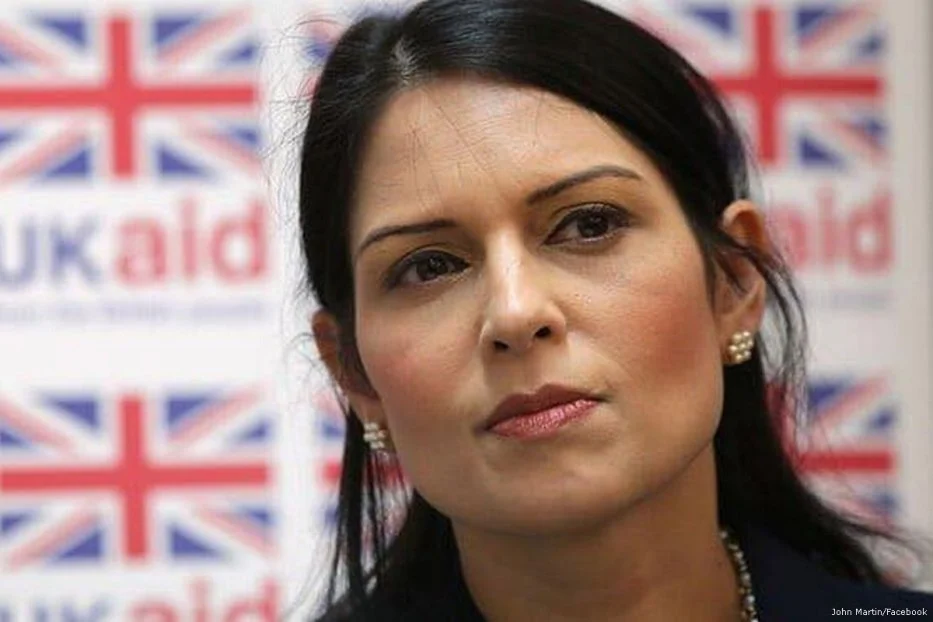Magical rainbow unicorns
I read an article earlier in Pink News about a young lesbian from Sunderland who was: “jumped last week in a brutal attack that left her covered in blood and bruises. Charlie Graham was left shaken after two men battered her in the head from behind and threw her to the ground.” Charlie has also been the victim of previous assaults. One, which split her eye open and required stitches, and another which left her with a black eye. She has had “Dyke” hurled at her as she walks down the street and has been left traumatised and afraid. She said: “It has knocked my confidence back. I don’t go anywhere by myself anymore. I only feel comfortable at my mum’s house. I have panic attacks and anxiety attacks just thinking about going home in case they find out where I live and decide to come through the door, or I get attacked in my own home.”
To say Charlie’s story breaks my heart is an understatement. If you ask LGBTQIA+ people, most of them will tell you they know exactly what Charlie is feeling. Maybe not to the same extent but most of us at some point in our lives have had to deal with either the threat of physical violence, or actual violence. I know I have. What can be worse than the physical scars left by these attacks though, are the mental ones, which can be even harder to deal with.
Don’t get me wrong. We’ve made astounding, hard won progress in our little corner of the world over the last fifty years, but the reality of life for LGBTQIA+ people elsewhere is still very bleak. 73 countries globally still criminalise consensual same-sex sexual activity, and in 12 of them you can end up being executed for it. Even in the UK where there are legal protections in place and, for the most part, society is tolerant, it’s clear that things are getting worse for LGBTQIA+ people. Brexit and the unabashed homophobe currently making a mess of 10 Downing Street are emboldening knuckle draggers up and down the land.
To exist as an LGBTQIA+ person right now means finding your way in a world that still overwhelmingly tells you you’re the problem. Alexander Leon, a writer at the Kaleidoscope Trust said it best in a series of tweets earlier this month. He wrote: “Queer people don't grow up as ourselves, we grow up playing a version of ourselves that sacrifices authenticity to minimise humiliation & prejudice. The massive task of our adult lives is to unpick which parts of ourselves are truly us & which parts we've created to protect us.” Mind blown. He went on to call this task a “gift in disguise” and I agree with him. Living openly in this world as an LGBTQIA+ person means going on a journey of self-discovery and having to develop a level of self-awareness that many cis/hetero people never achieve.
I’ve always maintained that queer people are magical, fearless, rainbow unicorns. That’s why the fact that the narrative around us still remains very much about tolerance is so galling. I’m not looking for tolerance. I tolerate winter in Berlin, but I detest it, wish it would never come, and can’t wait for it to be over. No. Tolerance is for kitten heels, not for people. What I’m demanding is acceptance, and to be celebrated in the same way that people who fit the gender/sexuality binary are.
We need to tell LGBTQIA+ youth that they are beautiful and perfect every day. We need to teach them about their history and about the immeasurable contribution people just like them have made to every aspect of human existence. We need to fill them with confidence and self-love because that in itself is a radical act as a queer person. Loving yourself should be a daily practice for everybody but for LGBTQIA+ people it’s essential.
It’s taken me a long time to come to the realisation that I am beautiful, I am perfect, I am worthy of love, and I am fucking fabulous just the way I am. If you’d offered me a pill ten years ago to make me straight, I’d have taken it. Now? No way. I Wouldn’t change being gay for anything. You see, I finally realised I’m not the one with the problem. It’s everybody else.


